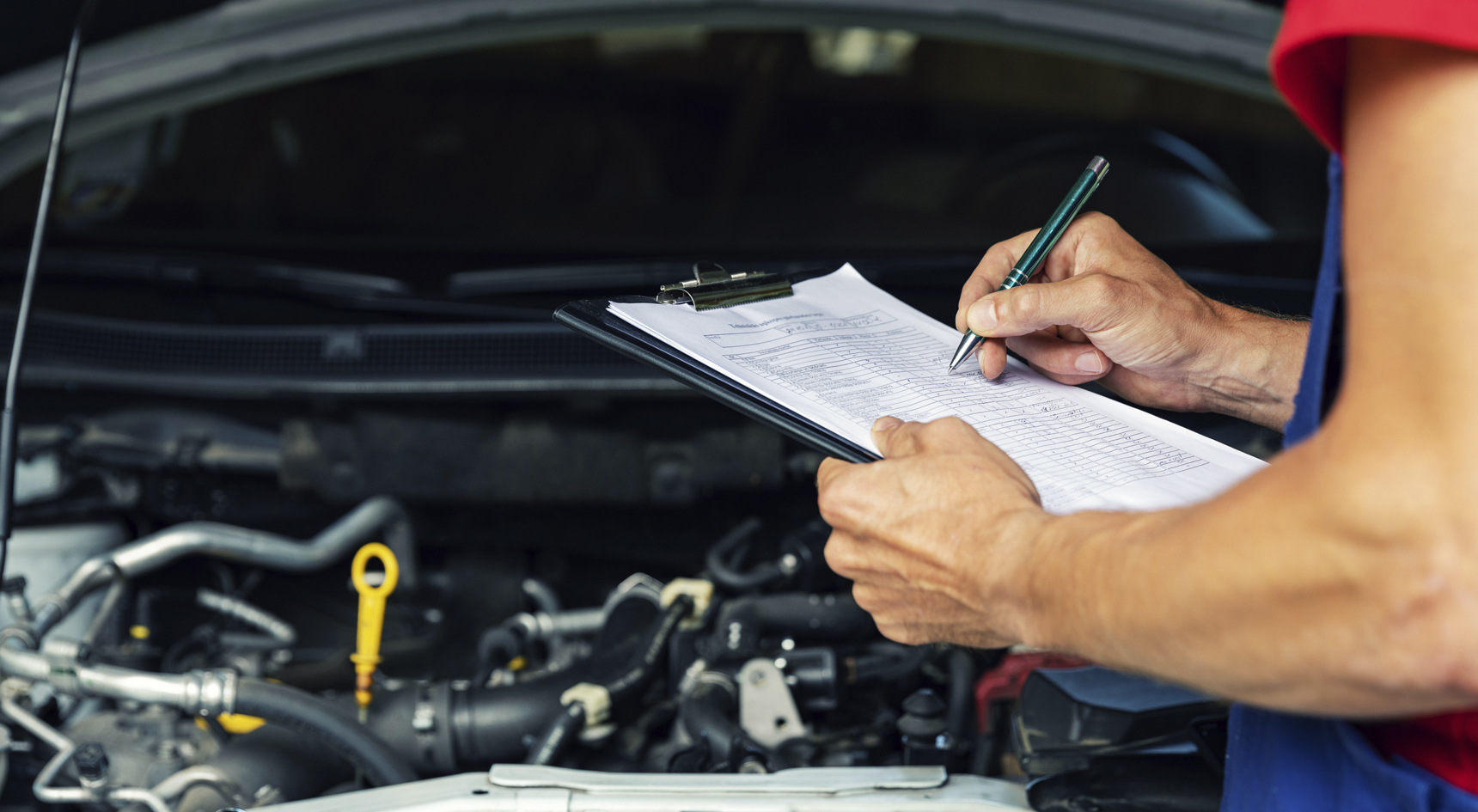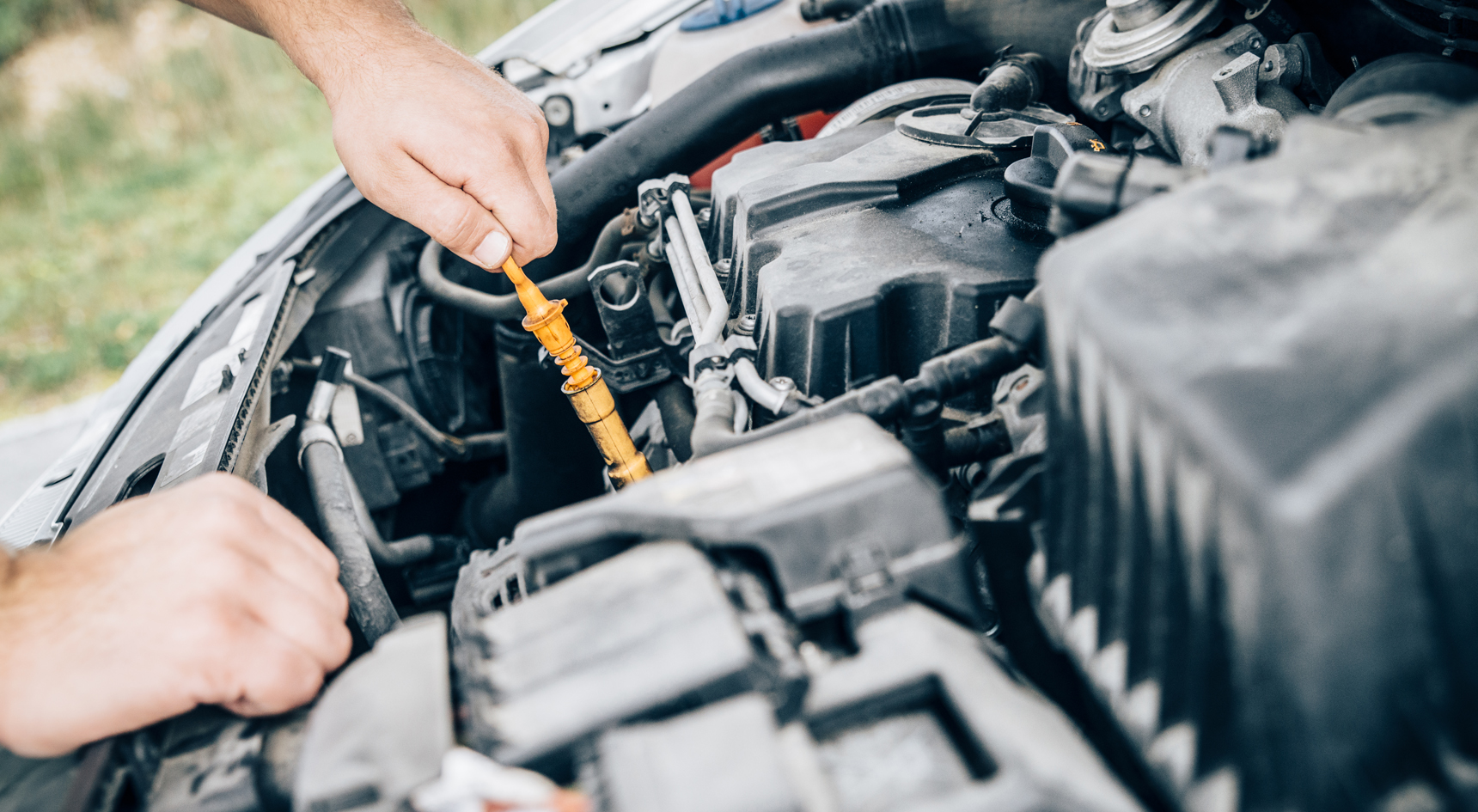8 summer road safety tips
 Over the past 10 years, 612 people have lost their lives on our regional roads and 3489 were seriously injured. In fact, country road deaths make up 57% of all vehicle-related fatalities in SA.
These shocking statistics have prompted RAA to remind motorists to take care as they head out on country roads this festive season.
RAA Manager of Safety and Infrastructure Charles Mountain urged motorists to consider their behaviour when getting behind the wheel during the festive period, especially in regional areas.
“If you’re driving on country roads this festive season, you can take a few simple yet lifesaving steps to keep yourself and your passengers safe,” he said.
Over the past 10 years, 612 people have lost their lives on our regional roads and 3489 were seriously injured. In fact, country road deaths make up 57% of all vehicle-related fatalities in SA.
These shocking statistics have prompted RAA to remind motorists to take care as they head out on country roads this festive season.
RAA Manager of Safety and Infrastructure Charles Mountain urged motorists to consider their behaviour when getting behind the wheel during the festive period, especially in regional areas.
“If you’re driving on country roads this festive season, you can take a few simple yet lifesaving steps to keep yourself and your passengers safe,” he said.
“RAA is reminding road users to drive to the road conditions, avoid speeding and distractions, and wear seatbelts on every journey.”Here are a few more measures you can take before and during your trip that’ll help keep you safe on the road.
1. Get your vehicle serviced
If your car breaks down while you’re hundreds of kilometres from the nearest town, it could ruin you summer holiday. Having your vehicle serviced before you jump behind the wheel will ensure it’s in good working order and safe to drive on high-speed country roads.
Have your car serviced before you leave on a long road trip. Image: Getty
2. Plan ahead
According to the Australian Transport Council, sleepiness contributes to about 1 in 5 deaths and serious injuries on the road. That’s why it’s important to plan your trip before you set out. Set a realistic agenda so you’re not under pressure to get to your destination by a certain time. Try to share the driving on long trips and ensure there are enough rest stops so you’re not behind the wheel for hours without a break. Look for towns with playgrounds and parks so children can run around and stretch their legs. This will help reduce the chance of them getting restless in the back seat.3. Check the weather
Weather can play a big part in your holiday, particularly when there are extreme conditions. Heavy rain or dust storms could mean you have to slow down on the road, extending your travel time. At the other end of the scale, extreme heat and bushfires could lead to road closures. Before you leave, check the Bureau of Meteorology website for the latest weather updates. While you’re driving, tune into the local ABC radio station for any updates regarding bushfires in the area.
Check the weather report before you hit the road. Image: Getty
4. Don’t drive drunk or hungover
It might be the festive season, but it’s best not to overindulge the night before you jump behind the wheel and go on a long road trip. Drink driving is highly dangerous. Studies have shown that a blood alcohol level of 0.05 doubles the risk of being involved in a casualty crash. Also, beware of how much you drink the night before beginning your trip. Alcohol can remain in your system long after you’ve stopped drinking. Random drug and breath testing is being conducted more often in regional areas.5. Check the basics
Before you leave, check your oil, coolant, battery and tyres. Under-inflated tyres can impact your car’s steering and affect your vehicle’s fuel economy. Don’t over-inflate them though – this can lead to a blow-out or reduced traction. Keep the tyre pressure to the manufacturer’s recommendation, which you can find in your owner’s manual or in a placard in the driver’s side door frame. You should also look for cuts and wear, and make sure there’s at least 1.5mm of tread left on each tyre. If you’re unsure whether your tyres are up to scratch, take your car to a reputable tyre centre and get an expert opinion.
Check your oil levels before you leave home. Image: Getty

